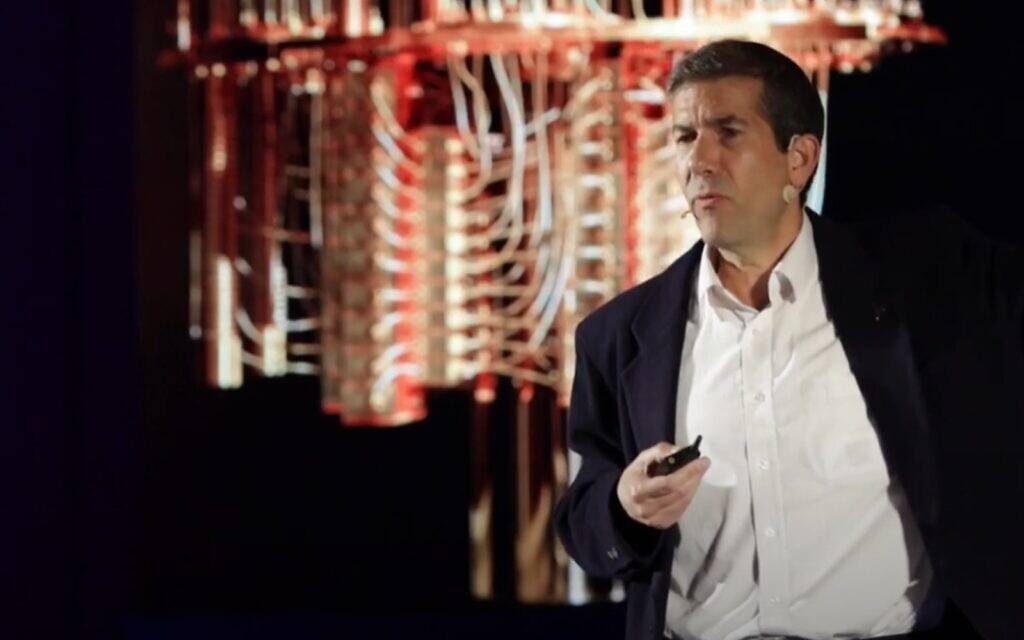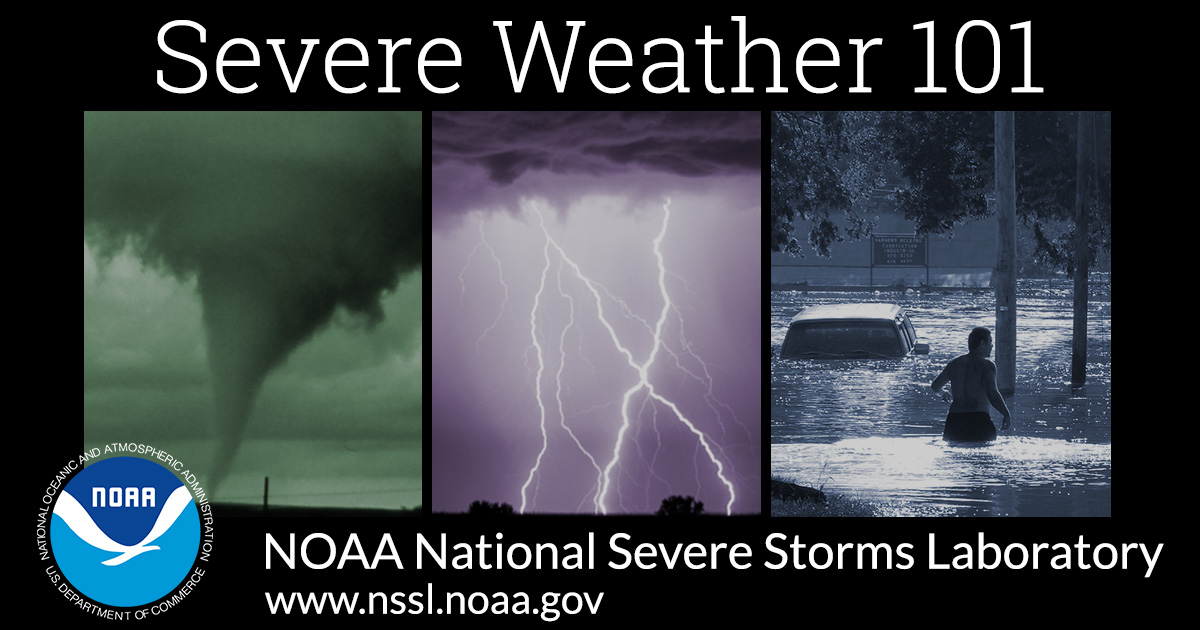
Quantum Leap Into the Frequency Domain Unlocks New Possibilities
A recent breakthrough in quantum entanglement shows promising advancements in quantum technologies, with scientists achieving stable two-photon interference at double the resolution using frequency-domain techniques. Credit: SciTechDaily.com
Scientists have introduced a groundbreaking form of quantum entanglement known as frequency-domain photon number-path entanglement. This leap in quantum physics involves an innovative tool called a frequency beam splitter, which has the unique ability to alter the frequency of individual photons with a 50% success rate.
For years, the scientific community has delved into spatial-domain photon number-path entanglement, a key player in the realms of quantum metrology and information science. This concept involves photons arranged in a special pattern, known as NOON states, where they’re either all in one pathway or another, enabling groundbreaking applications like super-resolution imaging that surpasses traditional limits, the enhancement of quantum sensors, and the development of quantum computing algorithms designed for tasks requiring exceptional phase sensitivity.
In a new paper published in Light Science & Application, a team of scientists, led by Professor Heedeuk Shin from Department of Physics, Pohang University of Science and Technology, Korea, have developed an entangled states in the frequency domain, a concept akin to spatial-domain NOON states but with a significant twist: instead of photons being divided between two paths, they’re distributed between two frequencies. This advancement has led to the successful creation of a two-photon NOON state within a single-mode fiber, showcasing an ability to perform two-photon interference with double the resolution of its single-photon counterpart, indicating remarkable stability and potential for future applications.



















